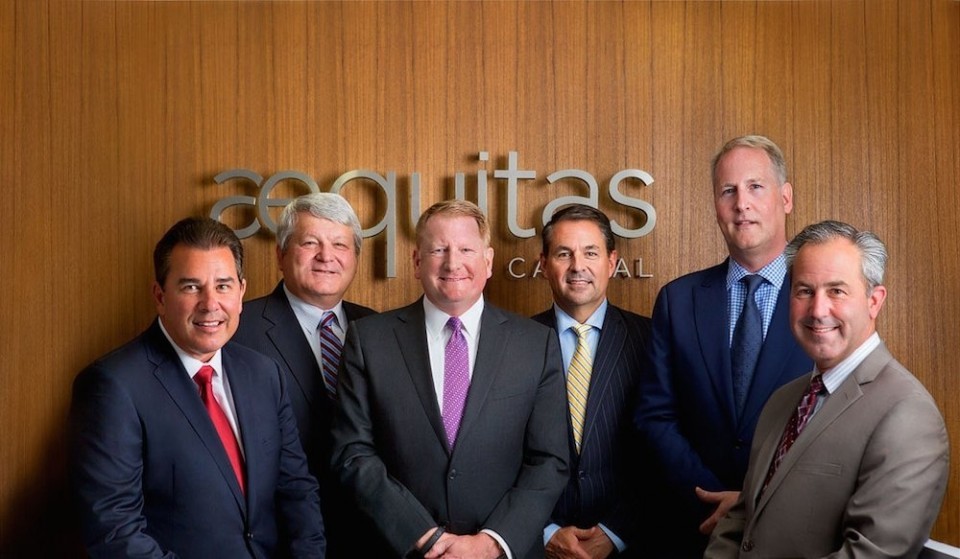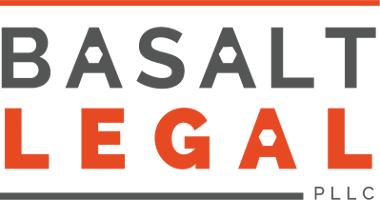- CALL TODAY
- 800.487.4660
Six Month Update On Aequitas Lawsuit: Why Aequitas Investors Need to Seriously Consider Suing their Financial Advisor

The US Securities & Exchange Commission filed its lawsuit against Aequitas about six months ago, so now seems to be a good time to evaluate what we know about the Aequitas lawsuit, the receivership, and, most importantly, how investors will recover their investment losses.
A. There is still so much we don’t know about the receivership’s finances, but none of the information we do have is good news for investors.
As investors who have read our prior articles will recall, the SEC sought and eventually received a court order establishing a receivership to manage the orderly sale of Aequitas assets, maximizing recovery for investors.
(You can read these prior articles here. Oh, and here if you invested through Concert Wealth Management.)
The receiver has a tremendous challenge: hundreds of investors have together lost about $600 million. In the last six months, very little has been done to plug this gap.
The receiver, Ronald Greenspan, sold all of Aequitas’s spiffy office furniture for $50,000. Chump change.
The receiver also sold some student loan portfolios for around $70 million, which is real money, but $60 million of the sale proceeds went to pay ComVest, a secured creditor. $10 million for investors sure beats $50,000, but it’s still just a drop in a $600 million bucket.
Wells Fargo was also successful in persuading the receiver that about $20 million in receivership assets were actually Wells Fargo assets.
These transactions suggest a worrying trend: where there are significant assets, they are collateral for an institutional creditor, so they don’t help ordinary investors. Our initial analysis—based on Aequitas audits pre-collapse—suggests that the receiver might only be successful in providing around $100 million for retirees and other individual investors who relied on Aequitas notes for their income. In other words, Aequitas investors could receive just sixteen cents on the dollar for their Aequitas investments.
There’s more: the receiver and his experts are likely racking up massive legal bills and other professional fees. The receiver has currently retained: FTI Consulting, Pepper Hamilton, Schwabe Williamson & Wyatt, and other firms. Professional fees for some of these folks are in the $800 per hour range. With this army of lawyers and consultants, do you really think investors will see a dime from that $50,000 sale of furniture we just mentioned?
Unfortunately, we still do not have a comprehensive picture of Aequitas assets and liabilities. One duty of most receivers is providing a report to the court outlining the receivership’s assets, liabilities, plan of action, and expected investor payout but, after six long months, the receiver has yet to issue a report. We anticipate a report in late September or early October. [1] Even so, this report—whenever it arrives—will be preliminary. It will take time, possibly years, for the receivership to distribute all its assets to investors.
B. With the only news being bad news, it’s time to seriously consider suing your financial advisor.
At Investor Defense Law LLP, we’ve already taken legal action against several financial advisors who sold their clients on Aequitas. Over the dozens of conversations we’ve had with Aequitas investors, we have become convinced that the vast majority of financial advisors who sold Aequitas:
1) failed to conduct adequate due diligence to understand what they were selling;
2) failed to understand their clients’ needs and how Aequitas failed to meet those needs;
3) sold too much Aequitas to their clients; and
4) generally failed to meet their fiduciary obligation to put their clients’ needs first.
Despite this, we’ve talked with a handful of investors who feel that their financial advisor did all of these things, but still don’t want to sue. Here are some of the reasons we hear why Aequitas investors don’t want to hire a lawyer:
1) My financial advisor also sold me a number of other alternative investments, so I don’t want to rock the boat.
This argument makes some sense at first glance. Suing your financial advisor certainly terminates that professional relationship! But what doesn’t make sense is deciding that relying on a financial advisor who is incompetent, fraudulent, or both has any value. It doesn’t, whereas filing a claim with an experienced investment fraud lawyer could make a big difference in an investor’s retirement portfolio.
2) My financial advisor is a nice guy and a friend. I couldn’t possibly sue him!
Most financial advisors are nice guys (and a few are nice gals), because building trust—not competence—is the most important skill of any financial advisor. If you didn’t trust a particular financial advisor, he wouldn’t be able to hurt you! It is only the financial advisors you trust who can do lasting damage to your portfolio.[2] This strikes us as Stockholm syndrome. After an investor has allowed a financial advisor into their lives, into the privacy of their portfolio and also to BBQs and boat trips, it is hard to believe that you may have been duped.
Even if your financial advisor were merely negligent, investors owe it to the rest of the investing public to file claims that alert others to an advisor’s incompetence. Imagine that you were scheduled for an amputation, but the surgeon accidentally removed the wrong foot! How would you feel if you later learned that he had already made this mistake before, but you didn’t know about it because the patient before you didn’t complain, all because the surgeon was a nice guy?
This may seem like hyperbole, but financial advisors pushing Aequitas have reduced the portfolios of some investors by 40%, 60%, and even 100%. Investors who have suffered Aequitas loss often feel depressed, can’t sleep, don’t know how they’ll ever recover, and can no longer imagine a bright future.
When an investor files a claim against a bad financial advisor, it usually goes on their record. Other investors can look up this information and steer clear. In this way, filing a claim provides an important public service to all investors.
3) I think I’ll just wait until I see what the receivership and class action lawsuit pay out. If I still have losses after all that, then I’ll contact an investment fraud lawyer.
Investors repeat this argument to us, but it really comes to them from financial advisors who want to have a better reputation than they deserve and are trying to delay the inevitable.
Waiting for years until the receivership and class action litigation wind down to seek legal help is very risky. The investment advisory firms that pushed Aequitas investments might or might not have insurance. If they don’t have insurance, claims filed by speedy investors could capsize these firms. The first few investors might recover something, but everyone else might be out of luck. Even if these firms have insurance, they might not have enough coverage to cover all of their clients’ Aequitas losses. And usually when insurers renew professional liability policies, they don’t cover claims in the new policy for losses in investments that created claims under the prior policy, so slow-moving investors could end up with claims that would have been covered if they had been filed earlier, but are no longer covered.
There may also be statute of limitation issues that bar coverage of stale claims. For a lawyer who represents investors, there is no better feeling than delighting a client with a big check that repairs the damage done to an investment portfolio. Conversely, there is no more frustrating feeling than having to tell an investor that they cannot recover their losses, simply because they waited too long to file a claim.
To sum up, while we are waiting for more information from the receiver, the news we have received in the first six months of this case does not bode well for investors. While it may be tempting to “kick the can” on consulting with a lawyer, getting legal advice quickly is probably a smarter move.
Investor Defense Law LLP is a law firm dedicated to helping investors in California, Georgia, and Washington recover investment losses.
We understand investment fraud and financial advisor malpractice. To receive a free consultation, call 800.487.4660.
[1] There is also a class action lawsuit pending against some of the third party law firms, accounting firms, and TD Ameritrade for their part in the Aequitas debacle. I’m a fan of the class action lawyers, but their case could take several years, and even if the recovery is substantial, it will still need to be apportioned among all investors.
[2] In fairness, a trusted financial advisor who is actually trustworthy is a wonderful thing.



